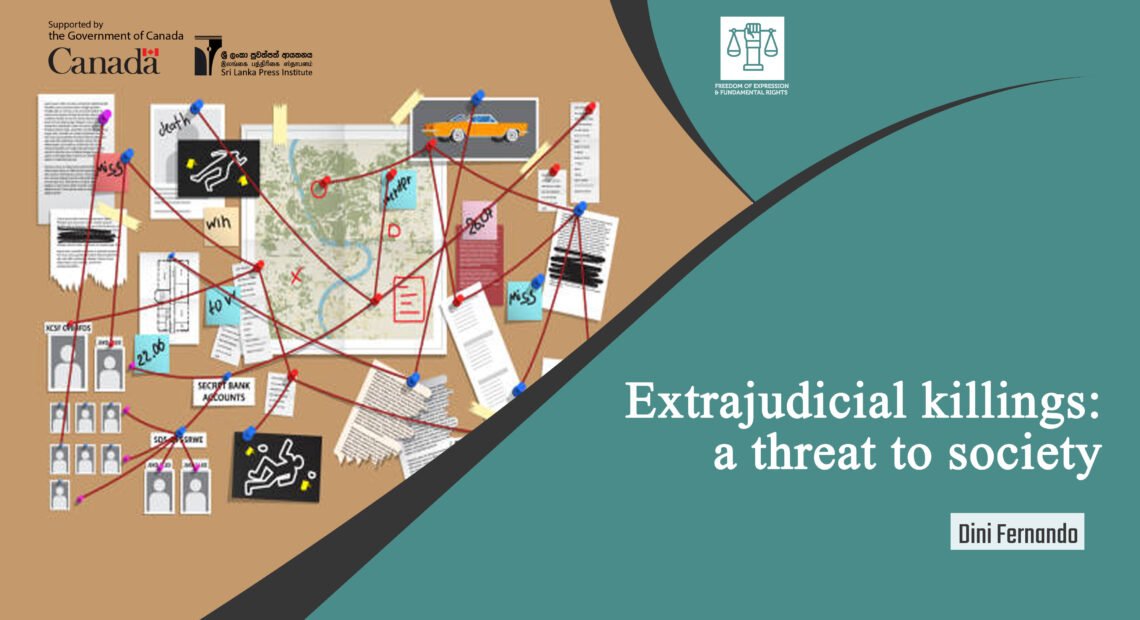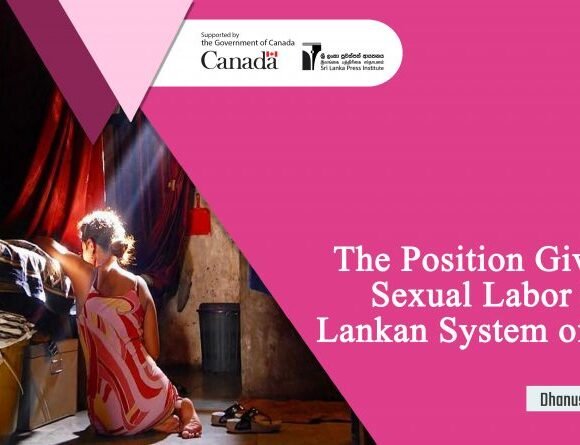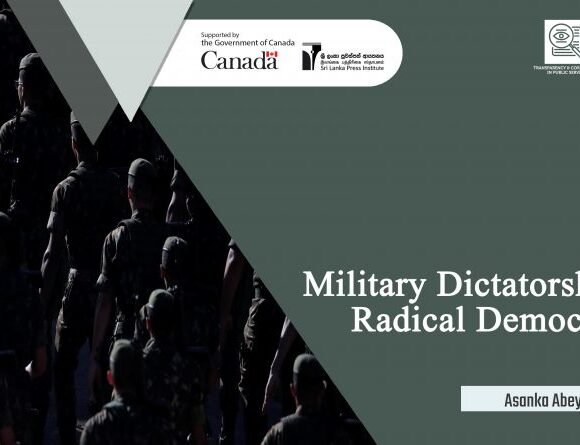
Extrajudicial killings: a threat to society
Dini Fernando
The people who read books and watch movies have encountered the term ‘police encounter’. It is related to Hindi and Tamil cinema. Police encounter is a term mostly used in countries like India and Pakistan, but extrajudicial killings meant by it is a worldwide menace. Extrajudicial killings are reported from countries like the US, Chile, Congo, Philippine, Ethiopia, Burundi and Sri Lanka.
The victims of police encounters are mostly unknown to us, but occasionally, people who are known by us also become victims. Most of the incidents are reported as the suspects being killed in shooting when they attempted to attack police in operation related to the investigation. The majority of the victims are the underworld criminals, drug racketeers and terrorists.
With regard to extrajudicial killings, Supreme Court Justice Thurairajah made the following statement while delivering a proactive judgment in 2010 regarding the death of a murder suspect in police custody. “It is the State’s responsibility to protect every citizen of this country. In the instant case, I find that the State has failed its responsibility and has violated the Fundamental Rights of the deceased.”
The Supreme Court did justice to the case in which the police argued the death had been a result of a clash during an operation to arrest production from the possession of the suspect.
Many stories of such deaths that occurred in police custody are related to further investigations to discover production. The killing of suspects rarely occurs when police try to arrest a suspect.
Article 3 (a) of the Torture Victim Protection Act of the United States defines the extrajudicial killings as follows: “a deliberate killing not authorized by a previous judgment pronounced by a regularly constituted court affording all the judicial guarantees which are recognized as indispensable by civilized peoples.”
The most prominent international law related to extrajudicial killings is article 3 of the Universal Declaration of Human Rights. “Everyone has the right to life, liberty and security of person.” Accordingly, the right to life is guaranteed to all and breaching that right is a violation of human rights.
Article 6 (1) of the International Covenant on Civil and Political Rights (ICCPR) declares, “Every human being has the inherent right to life. This right shall be protected by law. No one shall be arbitrarily deprived of his life.”
Article 1 of the UN Principles on the Effective Prevention and Investigation of Extra-Legal, Arbitrary and Summary Executions declares, “Governments shall prohibit by law all extra-legal, arbitrary and summary executions.”
The constitution of Sri Lanka does not innately recognize the right to life. However, section 11 guarantees freedom from torture. “No person shall be subjected to torture or to cruel, inhuman or degrading treatment or punishment.” Section 13 of the constitution prevents arbitrary arrest, detention, punishment as well as retrospective penalties. Judiciary of Sri Lanka has guaranteed the right to life ultimately via the judgments. Thus the law of Sri Lanka has effectively excluded any provision for extrajudicial killings.
However, a section of the society opines that extrajudicial punishments are an effective way of curtailing crime because it is difficult to prove the cases, maintaining prisons is costly, and the criminals may escape the law in some way.
Section 13 (5) of the constitution of Sri Lanka declares, “Every person shall be presumed innocent until he is proved guilty: provided that the burden of proving particular facts may be placed on an accused person.’ In such a backdrop, let me highlight that if a person is killed through extrajudicial means without sentencing legally, such act is a threat to our society.








